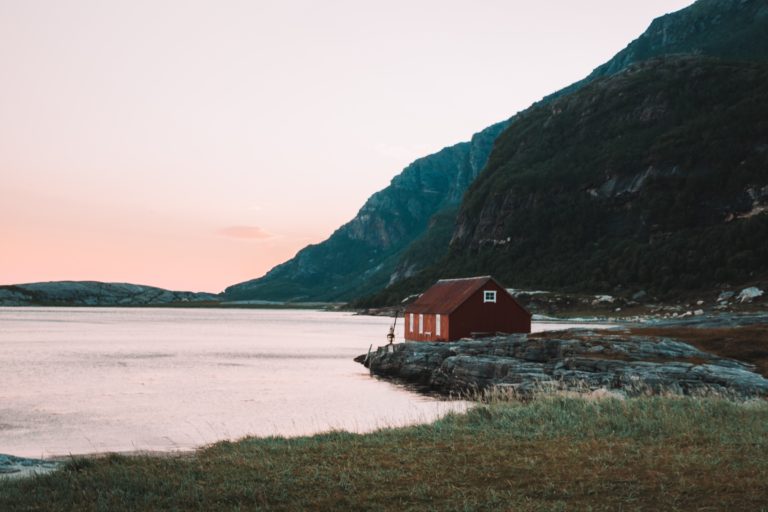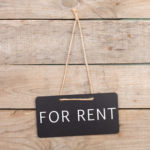
Whether around the world or in our backyards, large-scale wildfires have caused headlines with massive damage and major evacuations. If you are concerned about insuring your home, cabin, lake lot, vacation rental or other property against wildfire damage, read Capital Insurance Brokers’ guide below and contact or visit us today with any concerns.
One specific myth about natural disasters is that they qualify as “acts of god.” This has persisted for decades, but has never been true in the modern insurance industry. Fire damage, including wildfire damage, is almost always covered by base-level insurance policies (with some exceptions). Unless you are uninsured, there is no reason to worry that an insurer will try to avoid honouring your policy.
The exceptions mentioned above refer to the fact insurers may charge you more to cover a property that is judged to be potentially threatened by wildfire. Even in these cases, there are ways to lower premiums by reducing your risk:
- Always cut back vegetation around your property to create “safe zone” as a buffer to prevent wildfire from reaching the main structures;
- Invest in constructing your property with non-flammable materials and consider using fire-retardant sealant on existing buildings;
- Regularly inspect your roof and gutters for debris or damage– addressing any issues as soon as possible (there are many services that offer property management and maintenance);
- Distribute enough fire extinguishers of adequate strength throughout the property and ensure it has easy access to water (many of these standards are outlined in local building codes);
- Double-check your property’s emergency access and be sure that all residents are clear about the escape/evacuation plan.
Common Questions
Is a standard home insurance policy enough to cover me for wildfire damage?
If your primary residence is at risk of wildfire damage, a standard home insurance policy may cover your property. This cost is usually built into your premium, which can be more expensive depending on your risk assessment. For example: you may pay more than average if your home is in a wildfire-prone area and is left unoccupied for extended periods of time.
What if we cannot access policy documents due to a wildfire?
In case of emergency, your insurance broker will help with everything. Always prioritize the safety of you and your loved ones– records can be looked up and many costs can be reimbursed in dire circumstances.
Are living expenses covered in cases of evacuation?
Occasionally, wildfires can cause mass evacuations as a precaution. For those that live or vacation in these areas, this means finding somewhere to stay and covering the associated costs. Some expenses will be reimbursed in the case of a civil order to evacuate, but not all! Refer to the lists below for a clearer idea of what may or may not be covered, but these are subject to a case-by-case review by an insurance adjuster. Remember– always keep itemized receipts in such an event!
Typically reimbursed:
- Fuel or other eligible transportations expenses incurred during evacuation;
- Emergency toiletries and clothing bought after sudden evacuation;
- Pet care and/or boarding expenses;
- Food expenses, less your normal budget.
Rarely/never reimbursed:
- Luxury items (such as electronics or extravagant food);
- Alcohol, cigarettes or cannabis;
- Lost income or earning potential;
- Items or money spent on those not covered by your insurance,
- Regular costs or fees such as rent, mortgage, interest, etc.
I am renting a property that could be at risk to wildfires, am I covered by my own insurance?
If it is your primary residence, you should invest in a renter’s or tenant’s insurance policy— this may also apply to long-term vacation rentals. Travel insurance is another solid bet for those staying in or planning to stay in areas vulnerable to wildfire, though some home and auto plans may extend to certain claims. Do not assume you are covered! Your broker can walk you through your policy and offer options to suit your needs.
My car/truck/ATV/snowmobile/boat/etc. Was damaged by wildfire, is it covered by my automobile insurance?
Comprehensive vehicle insurance typically covers damage by fire, but it may not extend to recreational vehicles– which are best insured under a specialized policy. Boats and other watercraft also typically carry their own insurance coverage, but you may also be protected by a larger policy if you pay a private party for storage and/or upkeep.
The article above is only a primer to help you understand how wildfires can impact a property that you own, but always go through your insurance policies with a reliable broker from Capital Insurance. Contact or visit us today!

